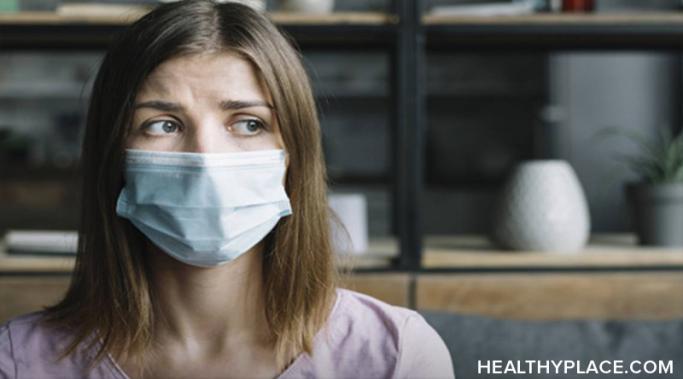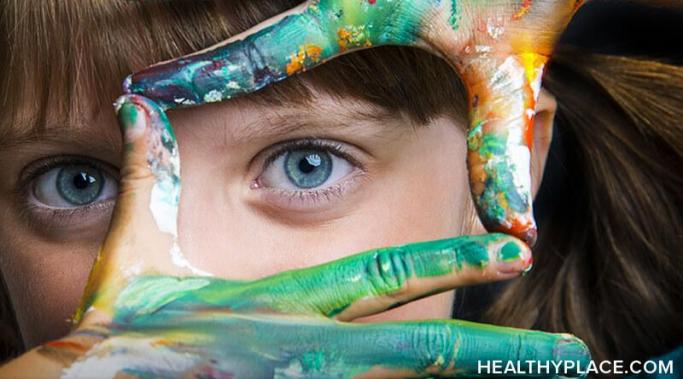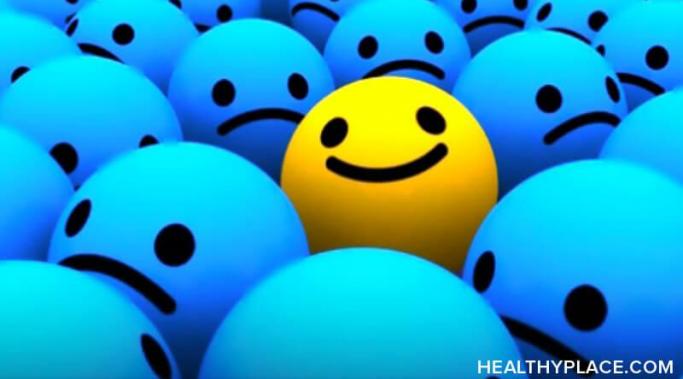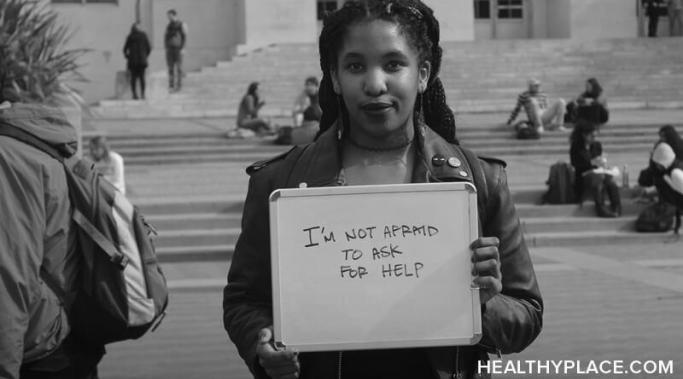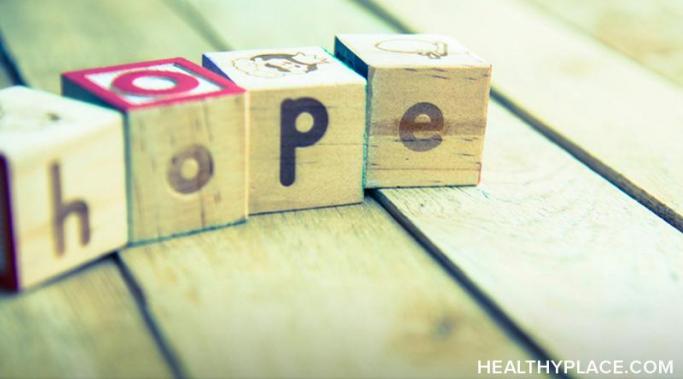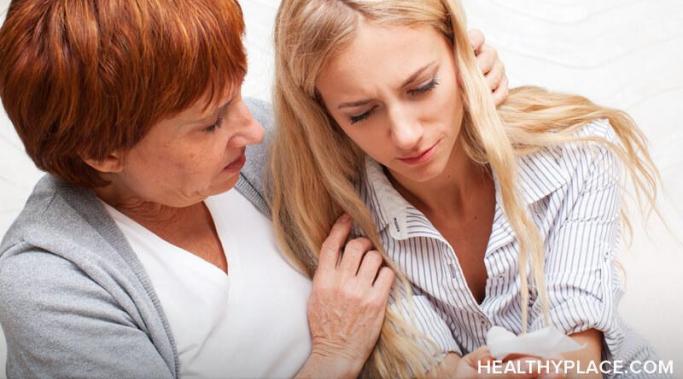Sharing gambling addiction recovery stories really matters. As much as we discuss gambling and addiction, the picture that’s painted is that of hopelessness. Granted, the thrill and hope of a big win have a dangerous grip that leads people down the path of compulsive gambling, but it is the stories of hope and triumph that give people with addiction the hope they need to overcome the struggle.
Peer support
Recovering from mental illness is a lot of work all on its own, but lately, those of us in recovery have been handling another major mental health issue: pandemic fatigue. I'm calling pandemic fatigue the sense of weariness and hopelessness that comes from social distancing and missing out on big events as the world battles COVID-19. Lately, pandemic fatigue has been making it much harder for me to focus on my mental health recovery because I've had to go without my usual coping mechanisms for months now.
People might think I have my life together, and for the most part, I do. But even after years of recovery, I still struggle. My struggles and how I react to them are different now from when I was first diagnosed, but some days it is painfully clear that recovery is a lifelong battle.
It might seem pessimistic to plan on having postpartum depression, but if it's something you're nervous about, it's best to be prepared with a postpartum depression support plan.
Using creative projects for mental illness recovery helps me immensely. The arts have played an integral part in my recovery from schizoaffective disorder. It all started with a five-week stay at a treatment center where I received my initial diagnosis. There was a lot of downtime at the center and I was frequently digging through their stash of art supplies. I had frightening visual hallucinations and found it very therapeutic to draw them.
Mental illnesses are devastating. Even when the dust settles after your initial diagnosis, it's hard to see how there can be anything positive about mental illness. However, recovery is full of surprises.
Unfortunately, stigma is real, and it's dangerous. It is visible in public, and it comes full circle affecting patients and professionals alike. Stigma keeps mental illness in the dark and misunderstood, and often prevents sufferers from seeking the help they need.
I love being a mental health worker in Toledo, but I see our city named on all sorts of lists: "most stressed-out cities," "high violent crime rates," and even "least-livable cities."
My mental illness is part of my identity because of its huge impact on my life. When I was first diagnosed with schizoaffective disorder, I thought everything in my life could go back to the way it was before my symptoms got out of hand. I didn't know my life would take a sharp turn in a different direction.
Knowing how to give mental health first aid for suicide prevention is important for everyone, but we often don't know how to do it. After graduating from a community college in 2014, I accepted a position as a peer support specialist at a local mental health agency. Prior to this job, I worked at a group home, and the training was very similar -- first aid, CPR, and nonviolent crisis intervention. However, my new position also required Mental Health First Aid, a formal eight-hour course on how to respond to someone in crisis. The Mental Health First Aid intervention can be crucial in suicide prevention and getting someone the appropriate help they need.

